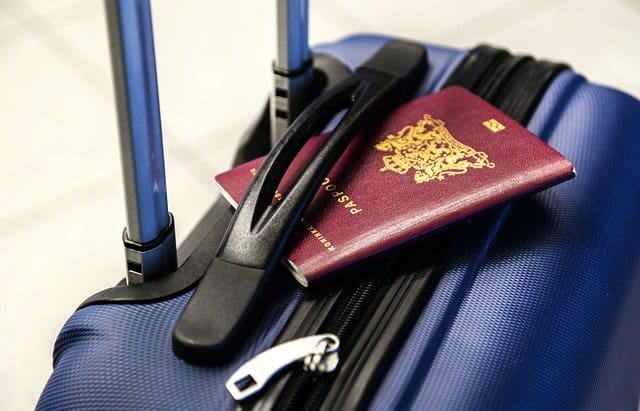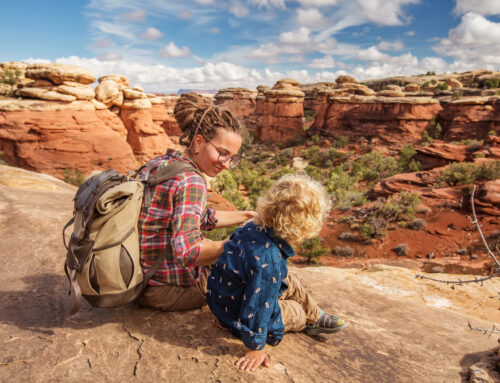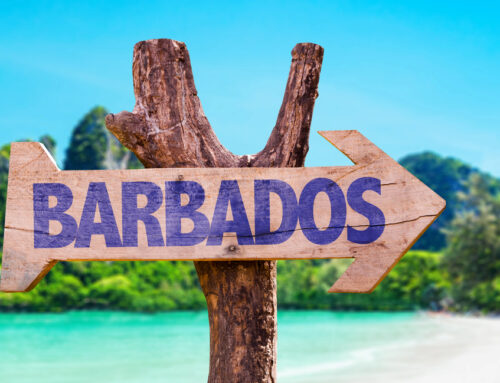Guide For Travel Documents During The Era of COVID-19

What You Need To Know About Documents For Travel During The COVID-19 Pandemic

Not only is traveling at the moment a potentially risky endeavor, but it’s also a confusing one! Countries around the world are changing their travel policies to try to minimize the spread of COVID-19, and these policies often change quickly thanks to their inherently temporary nature. For example, for the first time in modern history, Americans are facing struggles when it comes to traveling to just about anywhere they want to go. Countries like England for example, have imposed a required quarantine for Americans (and other countries as well) for two weeks upon arrival. You have to ask yourself it’s worthwhile and cost-effective to travel to a country where you immediately have to lock yourself up in a hotel for two weeks.
However, travel has always been a bit of a challenge. Your exact visa requirements depend on two factors: your citizenship and where you’re traveling to. This has remained true even in these uncertain times, so you always have to check the visa policy for the country you plan to visit. Also, keep in mind that it’s not unusual to be able to travel to a country with certain requirements but have those requirements be totally different if you want to travel back to the original country. Man times, this has to do with issues in addition to making sure your visas are aligned, such as requirements of shots (like a yellow fever vaccine).
Passport Basics – Be Prepared For Delays
If you’re new to international travel, the first step is getting your passport – and that can be difficult and time-consuming at the moment. However, the Department of State has recently reopened some passport agencies after the COVID lockdowns, and it’s now possible to get a new or renewed passport application processed. Still, there are long delays because of the pandemic and no real way to know when your passport might be issued. If you want to or plan to travel internationally in the near future, the best approach is to get the process started immediately. Currently, the best way to find a facility to get your passport and/or visa is to check the Department of State’s website and search your zip code for the nearest open accepted facility to you, such as a post office, for example. The Department also recommends calling that facility directly to ensure they are open and accepting applications at this time. Facility closures and hours of operation will be changing often because of COVID, so acting quickly and being patient will be key.
Getting a U.S. Passport requires you to be a citizen, either naturized or a U.S. national. There are two options: either a passport book or card. Most people will require a passport book because it can be used for international travel via land or sea. The card is more restrictive and is generally for land border crossings between the United States and Mexico and Canada. It is not valid for international air travel.
In normal circumstances, it’s often possible to pay an additional fee for rush service, but that’s not the case currently during the COVID outbreak. Instead, the only way right now to get your passport faster is if you can prove it is a life or death situation. Being prepared is going to be very important, and vaccinations will be part of this process.
Vaccination Requirements and COVID-19 Risk Levels
Before booking your vacation, you’ll want to ensure you and your family will be safe by getting the necessary vaccinations for the country you are traveling to. The CDC recommends vaccinating one month prior to travel to get maximum benefits. Visit the CDC’s website for the most current information on which vaccinations are required per country, and to find out more information on possible COVID-19 restrictions. Required shots vary from country to country, so it’s important to verify which ones you need.
For example, an American might decide to extend their trip to Costa Rica to include a side trip to Columbia. That can be a great addition, especially when you realize how much more affordable it is to travel to Columbia from Costa Rica compared to getting there from the U.S. What you might not realize though, is that you can (at least pre-COVID) fly from Costa Rica to Columbia and get a tourist visa upon arrival. However, if you want to fly BACK to Costa Rica, you will need proof of a yellow fever vaccination, If you simply book your airline tickets as many people do, you’re unlikely to get a warning about this. That means you might be stuck in Columbia for a few days trying to find a place to be vaccinated.
With rapidly evolving data on the COVID-19 virus outbreaks, it’s best to check the CDC’s website frequently to find out if anything has changed in regard to vaccines and COVID travel requirements. The CDC also has information on warning levels for each country, which levels have risen to Level # meaning non-essential travel is not recommended. Once a vaccine for COVID-19 is developed and released, you may want to prepare for the probability that most, if not all, countries will require travelers to get the COVID vaccine before entering their country.
It is also important to travel with copies of your current medication prescriptions in case you need to get refills while traveling. You’ll want to be sure your travel first aid kit is up to date and that you consider getting a flu vaccine before you go.
Protecting Essential Travel Documents
Once you have all your shots figured out and have found the open approved facility near you to get your passport processed, the next step is to ensure you have all the necessary documents for travel in a safe and accessible location. It’s a good idea to email a picture of each document to yourself and someone close you to before traveling outside the United States. These documents include credit cards, passport information pages, visa if applicable, and your primary form of picture ID and copies of your medication prescriptions. A list of any allergies and ongoing medical conditions is also helpful. Any document that is vital to your trip should be scanned and email to yourself and a trusted loved one that is not going to be with you. Keep these documents close to you at all times and it’s also helpful to keep them inside a sealable plastic bag in case of inclement weather while traveling.
Travel is a wonderful and rewarding activity to do alone or with your family or friends. Taking some extra time to be more prepared for your trip will save time and stress later. With the uncertainly of COVID-19 conditions, it’s even more important to do your research before finalizing any travel plan in the near future.




